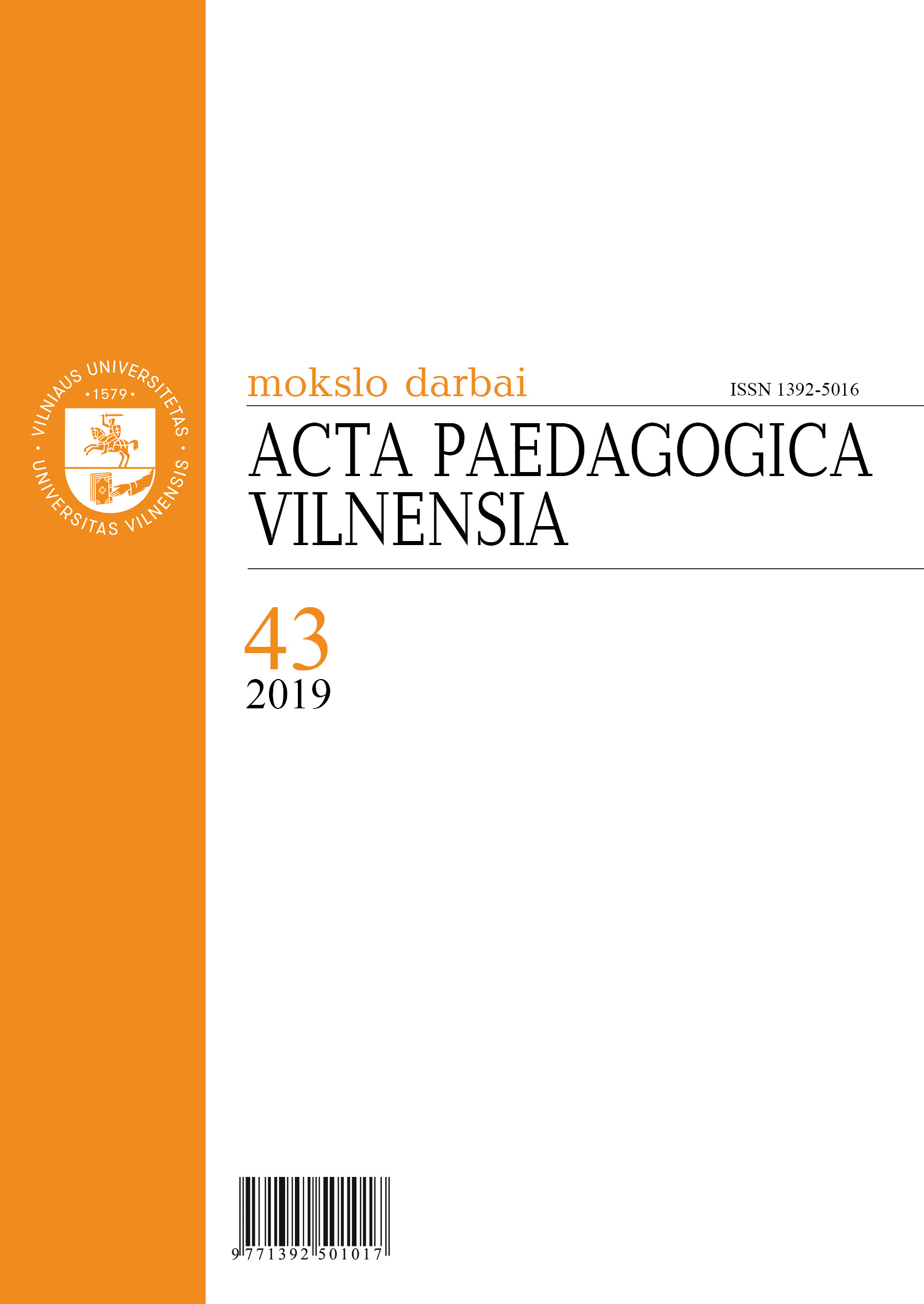The Vilnius Cultural Borderland as a Location and a Space of Experience for a Young Generation of Polish Youth: Socio-Cultural (Self-)Identification
The Vilnius Cultural Borderland as a Location and a Space of Experience for a Young Generation of Polish Youth: Socio-Cultural (Self-)Identification
Author(s): Alicja SzerlągSubject(s): Psychology of Self, Sociology of Culture, Identity of Collectives
Published by: Vilniaus Universiteto Leidykla
Keywords: meaningful location; little homeland; experiencing; cultural (self-)identification; scopes of (self-)identification;
Summary/Abstract: Locations and spaces possess socio-cultural connotations, which is why they play a significant role in the processes of experiencing and cultural (self-)identification. That is because in the conditions specific for them and in relation to the symbolic attributes, an individual conceptualizes their own rationality, and on its basis their interpretative perspective, thanks to which, through participation in meaningful locations, they (self-)identify culturally. Roots, connection, and identification within a meaningful location constitute, therefore, significant creators of individual identification and the creation of a community. The meaningful location, in the above context, is the Vilnius region, identified by its inhabitants – young Poles – as a meaningful location: a little homeland. Taking into account its specific attributes, one might consider the faces of the Vilnius region: the physical, the mental, and the interactivecommunicative ones. There are cultural differences in each of them, which assign the location a certain multicultural and intercultural specificity. As a result, the participation of young Poles in the location results in a multidimensional experiencing (cognitive, emotional, and action-related) of affirmative character, decisive in the formation of their cultural (self-)identification. On the basis of conducted empirical research, three fundamental scopes of the (self-) identification can be defined: the national, the socio-cultural, and the intercultural ones.
Journal: Acta Paedagogica Vilnensia
- Issue Year: 2019
- Issue No: 43
- Page Range: 25-36
- Page Count: 12
- Language: English

